TL;DR
If you’re an aspiring data scientist, machine learning engineer, AI researcher, or simply interested in this technology, this guide is for you.
Throughout this article, we’ll explain what artificial intelligence is, how to learn AI from scratch and offer insights from industry experts to help steer your journey. As well as covering the skills and tools you’ll need to master.
Here are 4 easy steps to learn AI skills in 2024:
1: Build fundamental theoratical knowledge
2: Learn Programming structures rather than the language
3: Familiarity with Machine Learning
4: Understand Deep Learning and specialize in a subfield
Let’s explore in detail.
What is artificial intelligence (AI)?
To put it in simple words for you, AI is the computer system’s ability to mimic human behavior. How? This technology involves programming models performing complex tasks in nanoseconds without any human intervention.
With AI capabilities, people can now streamline repetitive tasks that once needed hours of their energy and effort. This automation of tasks often includes big-data analysis, conversational chatbots like Bard, ChatGPT, and even manufacturing automation.
It does not stop here. You will be surprised to find out that AI has a big role to play in automating big industries.
Even the stock market could integrate AI to accurately analyze data and make predictions about future trends. As a result, by automating these menial tasks they cut logistical costs by freeing up humans for other projects. Hence, effectively increasing their productivity.
Since the launch of ChatGPT in 2023, almost everyone wants to checkout (yes, probably out of FOMO). Interestingly, you’d think it’s people like you or me who are experimenting with GPT. Instead, numerous businesses want to increase their conversions through effective and prompt customer service, cybersecurity, and customer relationship management (CRM) processes.
Contrary to what most of you must have read in flashy articles on the web, humans still have a role to play. What role is that? Well, these mostly encompass decision-making roles, crafting creative prompts, and training AI models.
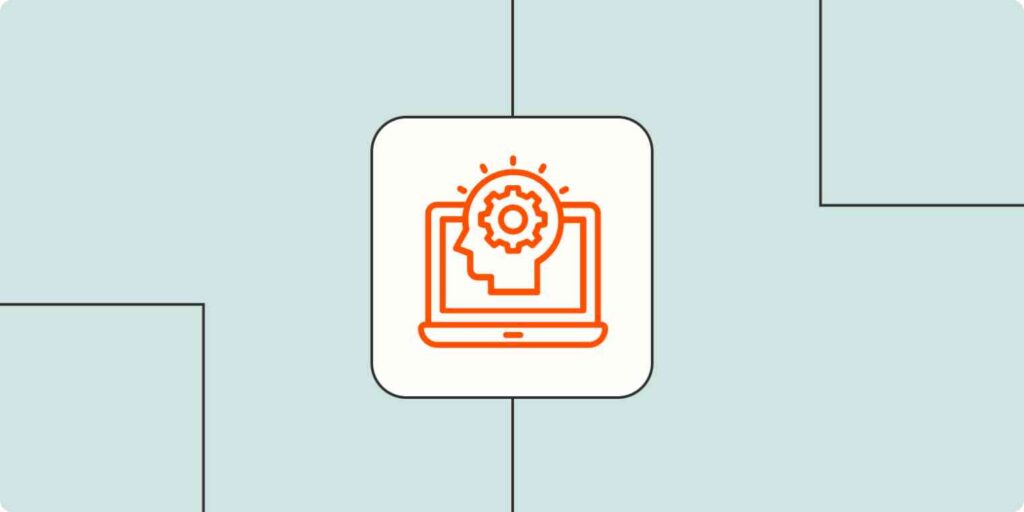
Why should you learn AI skills?
There is no doubt that 2024 is quite possibly a critical juncture, where the importance of Artificial Intelligence (AI) is becoming undeniable.
Just consider this recent survey by Forbes: 97% of businesses expect AI models like ChatGPT to bring about positive changes in at least one area. Moreover, tools like Jasper, Midjourney, and Bard are pushing AI into the mainstream.
This makes learning AI skills a wise and much-needed decision, if you want to stay relevant in the current job market.
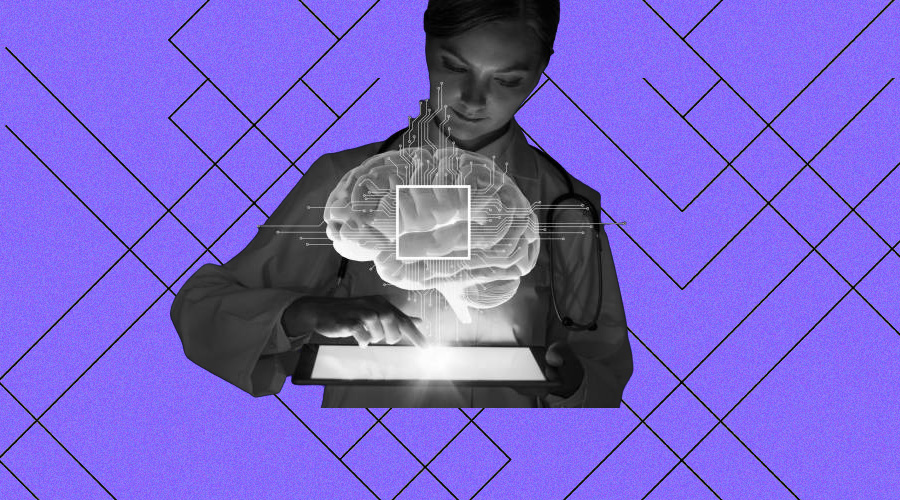
How long does it take to learn AI skills?
The time needed to learn much-needed AI skills often varies on the route you take; whether it’s self-taught or through online bootcamps. If you are self-learning, the duration can vary significantly. That’s primarily because it largely depends on your prior understanding of the space, consistency, and available learning resources.
It can take several months to a year or more to gain a solid understanding of AI concepts. This includes programming languages, including Python, basic mathematics, and various machine learning (ML) algorithms through self-study.
On the other hand, an AI bootcamp typically involves a planned learning pathway, with live trainers and assignments. Interestingly, this route is more practical and takes only 3-4 months to get you market-ready.
Whichever route you choose, continuous learning, practical application, and staying up-to-date with advancements are essential for pursuing a career in AI.
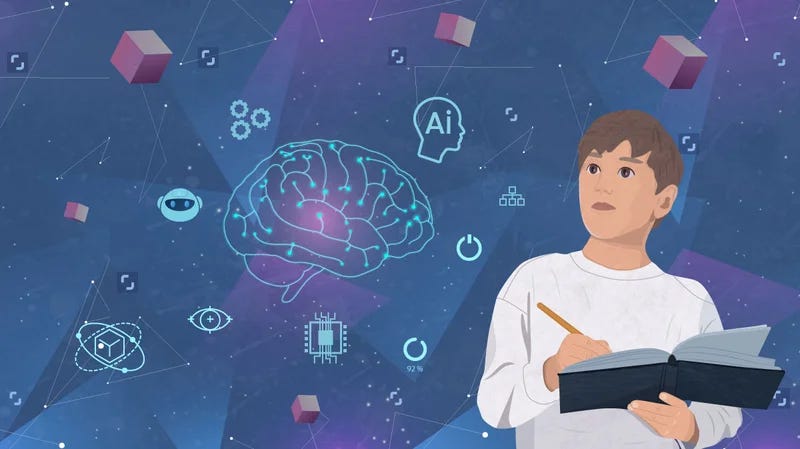
What are the types of AI?
Businesses are already using AI in numerous ways, and its capabilities should continue to grow in the coming years. Here are a few ways generative AI is already at work:
- Text: Ever chatted with a computer that talks like your friend? That’s the magic of AI at work. Services like ChatGPT, Google Bard, and Jasper take short messages from you and shoot back longer, more natural responses.
- Images: Artists and marketers are using AI to develop new images from scratch or to aid in their current creative process. They use AI applications like Midjourney, Hugging Face, and Stable Diffusion.
- Video: AI video tools automate creating and editing high-quality videos. GilaCloud, Synthesia, and InVideo are a few of the most popular tools currently available.
- Audio: Musicians and producers can use AI to speed up music production or create AI-generated tracks from scratch. They use software like OpenAI’s MuseNet, iZotope, and Brain.
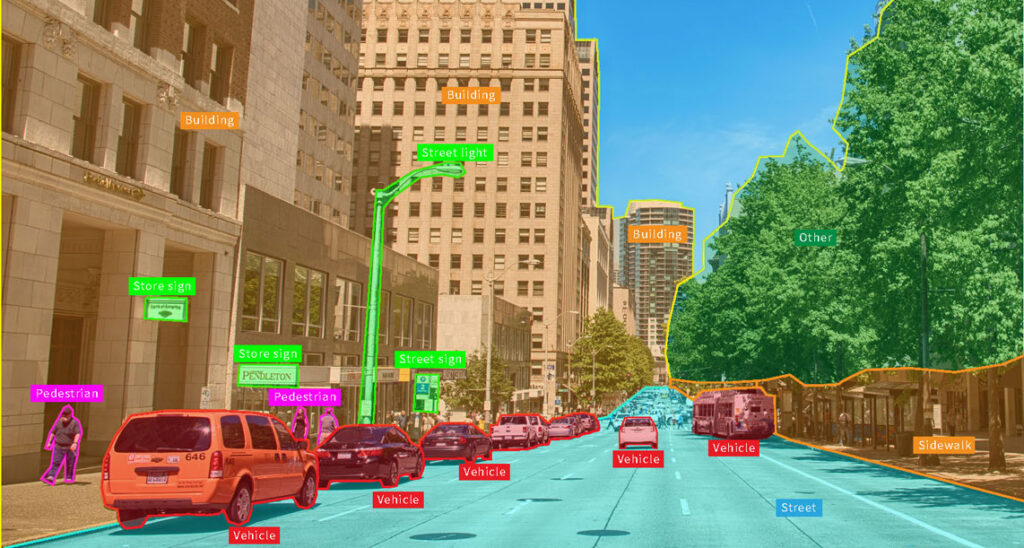
How does AI work?
Here are some applications of AI:
- Machine learning: Machine learning uses algorithms to replicate the process of how humans learn, allowing systems to improve their ability to make classifications and predictions over time.
- Computer or machine vision: When computers learn things like our brain does, machine vision copies what our eyes can do. Interestingly, computer vision allows machines to process images and interpret the information they contain.
- Natural language processing: Natural language processing (NLP) is all about a computer being able to grasp and deal with language in a way that’s like having a conversation.
- Automation and robotics: Robotic process automation (RPA) refers to the use of AI to equip robots to automatically complete hands-on tasks.
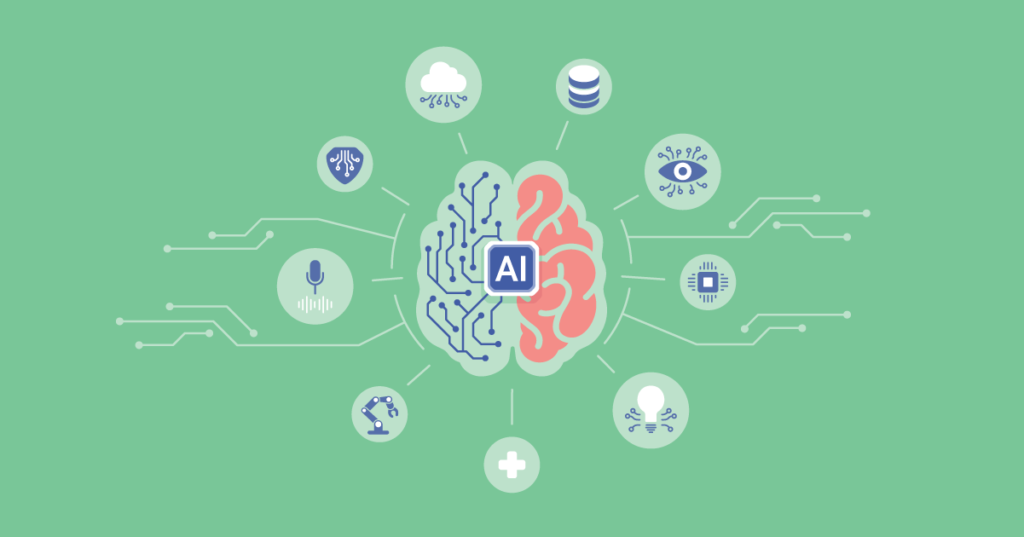
How to Learn AI Skills Step-by-Step
As a new field in computer science, many universities are offering it as a separate degree. Most AI specialists come from related STEM disciplines like data science, computer science, statistics, or mathematics.
So, If you wish to pursue a more traditional learning path, you can obtain a degree in one of these academic fields or look for a dedicated AI program. The requirements may vary depending on your chosen AI career.
Research and scientific roles typically require formal higher education, while applied roles prioritize practical skills and experience. And given its dynamic nature, online AI education and self-learning are common ways to start your career. So, if you wish to learn AI on your own but aren’t sure where to begin, follow the steps below.
Step 1: Build fundamental theoretical knowledge
To understand and apply the complex concepts of artificial intelligence, you need a solid theoretical foundation in mathematics, statistics, and data.
Basic mathematics
You don’t need to be a mathematician to get into AI, but it helps to know some basic math. That’s because AI, deep learning, and machine learning use math principles, especially linear algebra. So, knowing this can help you fix mistakes in models and even make new algorithms.
Now, don’t get scared off by the idea of diving into algebra and calculus. You only really need those if you want to make your own AI algorithms. If you’re just using existing algorithms for data science, having a general idea about math concepts is enough.
Statistics
Take statistics as your toolkit for playing with data, helping you make sense of it and analyze what’s going on. It’s a must-have when it comes to figuring out how well those AI models are performing.
And get this – lots of the practical AI tricks, like regression, clustering, and classification, are rooted in good old statistics. Hence, it is really important to get an understanding of these concepts.
Probability
Probability provides a framework for making decisions under uncertainty, which is the basis of AI. In essence, AI models estimate and choose the most probable outcome and learn by updating probabilities as new information becomes available.
Some algorithms, such as Naïve Bayes, are almost entirely based on probabilistic principles.
Data-Related Skills
Since AI models are trained on data, working with it should be second nature to you.
- Data collection: Learn key data collection methods, best practices, and how to use APIs, web scraping tools, and large databases.
- Data cleaning and preprocessing: Real-world data is often messy and incomplete, so you need to know how to clean and preprocess it to suit AI models. This could involve handling missing values, removing outliers, or balancing imbalanced data.
- Data wrangling: Sometimes, you need to transform raw data into a different format to facilitate the analysis. You can manipulate and reshape it using Python or R.
- Database management: Working with large databases is an inseparable part of the AI process. SQL enables you to handle, query, and manage large datasets efficiently.
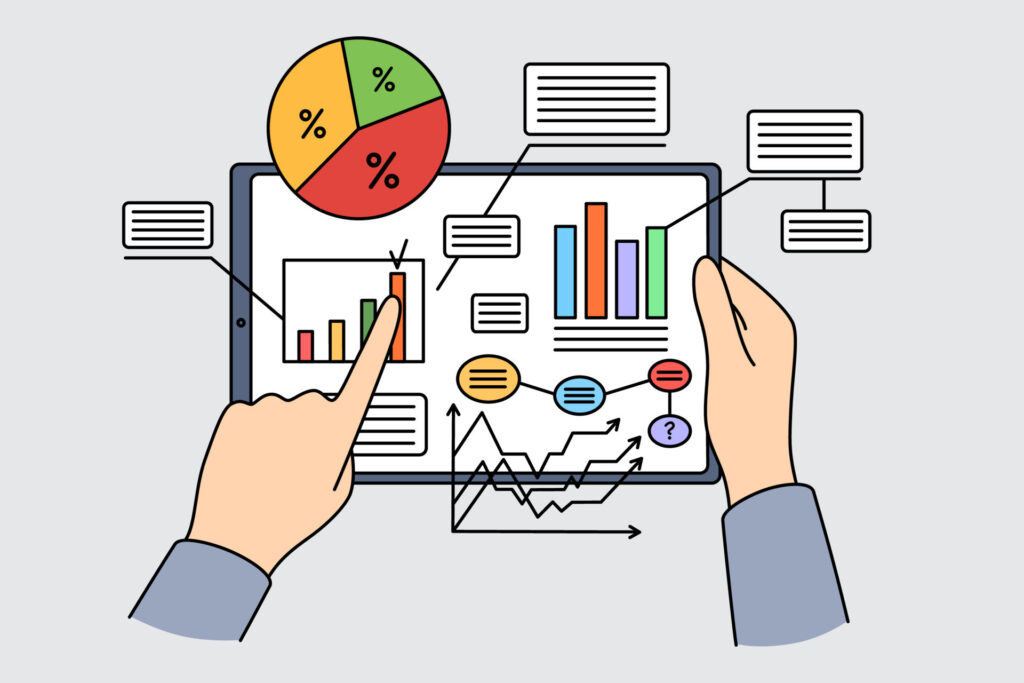
Step 2: Learn Programming structures rather than the language
You cannot Programming is an important part of an AI specialist’s role. It is the key to turning theoretical concepts into functional algorithms, and you cannot understand, develop, and implement AI models without it.
Although tools like ChatGPT might help you write code faster, you still need to understand programming and learn to code.
Python and R are especially prevalent due to their robust libraries designed specifically for AI, ML, and DL. So, start by learning the fundamentals of R and Python programming, then specialize in using frameworks optimized for AI.
NumPy
This popular Python library supports large, multidimensional arrays and matrices, offering various high-level mathematical functions to operate on them. Although not an AI library per se, nearly every AI tool uses NumPy.
Pandas
Pandas is ideal for data manipulation and analysis of tables with different data types. NumPy and Pandas are the backbones of data manipulation in Python.
Scikit-learn
scikit-learn is a popular ML Python library suitable for data mining and analysis. It also supports various supervised and unsupervised learning algorithms.
TensorFlow
TensorFlow is an open-source library developed by Google, commonly used to build and train deep learning models. It provides multiple levels of abstraction, allowing you to select the right one for your needs.
As one of the most popular deep learning libraries, TensorFlow comes with a huge number of guides. This makes it an ideal starting point for learning to create DL models.
This list of libraries isn’t exhaustive, but it’s a good start when you’re learning how to program AI solutions.
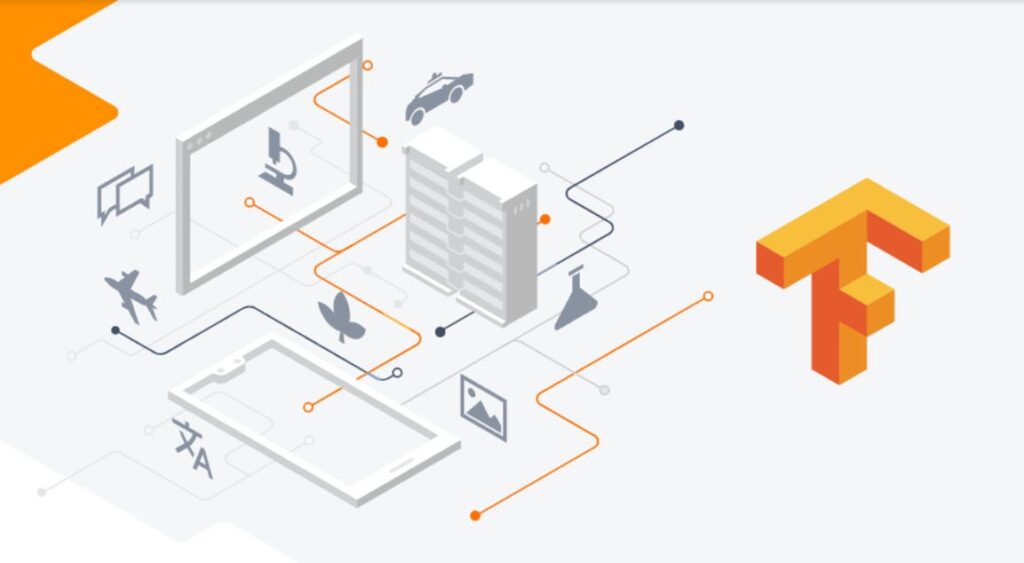
Step 3: Familiarity with Machine Learning
Nearly all contemporary AI solutions are developed using machine learning. So, understanding key ML concepts is crucial whether you aim for a research or applied role.
Your knowledge of math, statistics, probability, programming, and data-related concepts will provide a solid foundation for your ML studies.
You can start with our beginner-friendly Machine Learning in Python course to grasp the logic behind key ML methods like linear regression, cluster analysis, logistic regression, and k-means clustering.
But there’s more to machine learning than that. You must be able to execute the end-to-end ML process, from defining а problem to model deployment. In addition, knowing when and how to apply ML in a real-life business context is equally important.
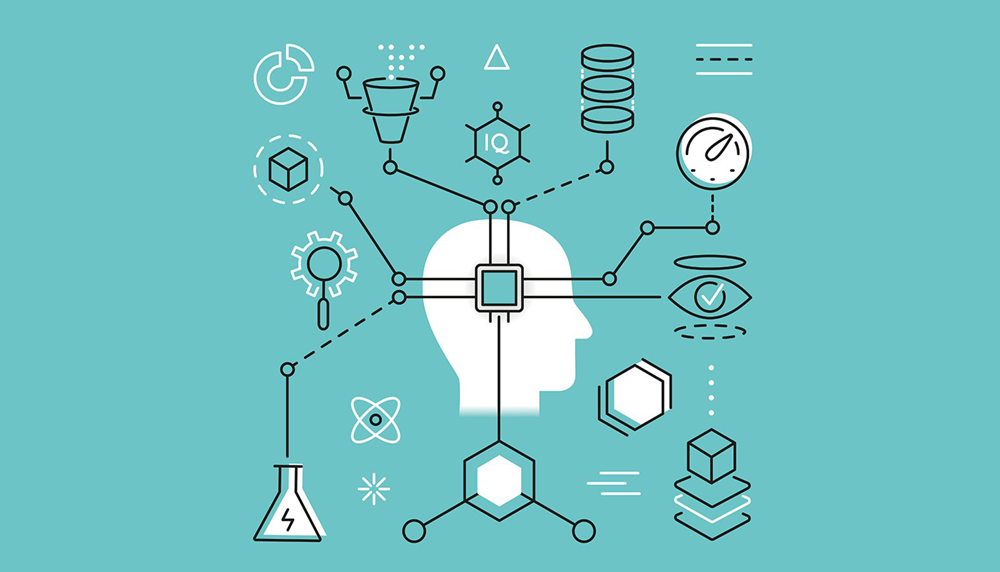
Step 4: Understand Deep Learning and specialize in a subfield
Deep learning is crucial for AI, as it allows you to build more advanced models. With the knowledge you’ve acquired so far, understanding the logic behind deep neural networks will come intuitively.
Once you’ve got the fundamental AI knowledge, you can select your field of specialization—natural language processing, computer vision, robotics, etc.
There are plenty of jobs in AI, each requiring a slightly different set of skills and qualifications.
As advanced as it’s become, AI cannot yet comprehend the intricacies of real-life situations which require adaptability, intuition, and strategic thinking. Technology may change rapidly, but these soft skills will remain in demand.
To succeed in today’s world, AI professionals need to understand not just the technical aspects, but also the business and strategic context. They need to communicate effectively with various stakeholders, make decisions, and leverage AI to achieve company goals.
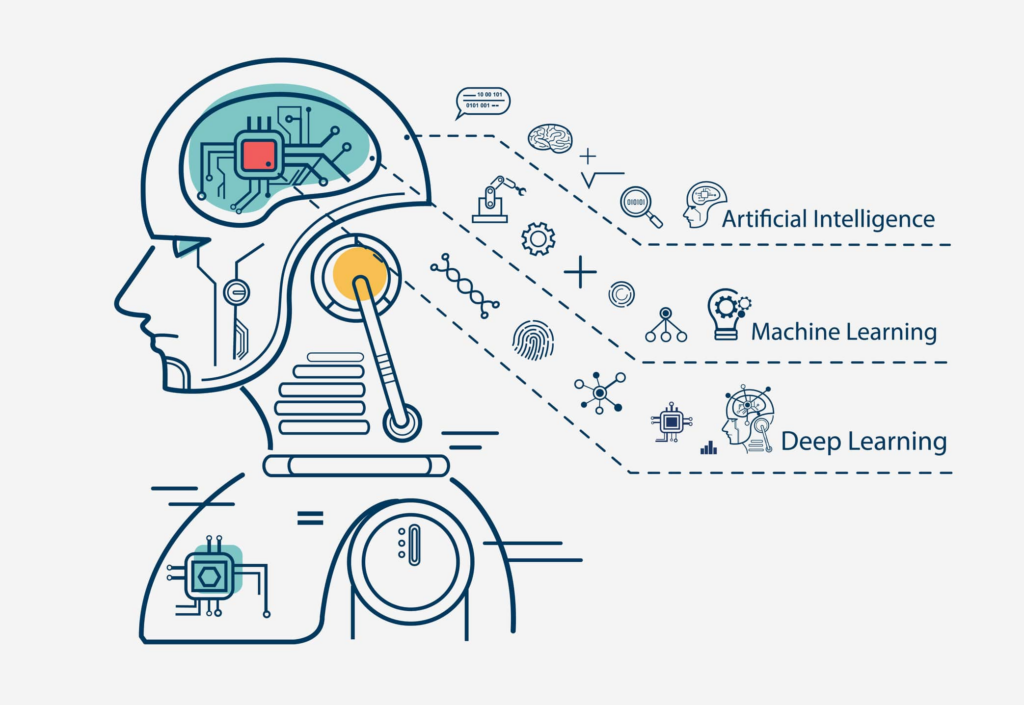
We, at atomcamp, can equip you with everything you need to become employable in an AI-driven world through our AI bootcamp:
Here are some of the skills you need to master:
- Data Strategy
- Data Literacy
- Communication and Presentation Skills for Analysts and Managers
- Machine Learning Deep Dive: Business Applications and Coding Walkthroughs
- Data-Driven Business Growth
- AI Applications for Business Success
- Product Management for AI & Data Science
What careers can you pursue after you learn AI skills?
Let’s explore some of the careers you can purse in artificial intelligence:
Artificial intelligence (AI) engineer
AI engineers are professionals who use AI and machine learning techniques to develop applications and systems that help organizations become more efficient.
Besides that, an AI engineering focuses on developing the tools, systems, and processes that enable AI to be applied to real-world problems. Algorithms are “trained” by data, which helps them to learn and perform better. AI engineers can help cut costs, increase productivity and profits, and make business recommendations.
Average salary: $113,000
Machine learning engineer
Machine learning engineers are professionals who research, build, and design the AI responsible for machine learning. They maintain and improve existing AI systems.
Moreover, a machine learning engineer often serves as a liaison with other data science team members, collaborating with the data scientists who develop models for building AI systems. They run experiments and tests, perform statistical analyses, and develop machine learning systems.
Average salary: $123,000
Data engineer
Data engineers build systems that collect, manage, and convert raw data into usable information for data scientists, business analysts, and other data professionals to interpret.
They make data accessible so that organizations can use it to evaluate and optimize their performance. Data engineering is a broad field with applications in nearly every industry.
Average salary: $104,000
Robotics engineer
Robotics engineers develop robotic applications for many industries, including automotive, manufacturing, defense, and medicine. A robotics engineer designs new products or assembles prototypes for testing.
Some may work on-site at a manufacturing plant overseeing robots as they are being produced, while others monitor their performance in the real world. Robotics engineering combines elements of mechanical and electrical engineering with computer science.
Average salary: $99,000
Data scientist
Data scientists determine what questions an organization or team should be asking, and help them figure out how to answer those questions using data.
Interestingly, they often develop predictive models used to theorize and forecast patterns and outcomes. A data scientist might use machine learning techniques to improve the quality of data or product offerings.
Average salary: $127,000

How to learn AI skills: Our concluding remarks
The AI space is changing fast, with new developments everyday like Microsoft coming up with Small Language Models (SLMs). This means your AI learning curve is a never-ending adventure. Embrace this fact with curiosity because, let’s face it, staying on top of the AI means you’re in for a ride of continuous learning.
Additionally, you need to make the best out of every chance to level up your skills. Stay updated on the latest news and hit up conferences and seminars. Lifelong learning isn’t just a mantra; it’s your secret sauce to becoming employable in the age of AI.
The future of machine learning and AI is a blend of possibilities and a touch of the unknown. We’ve come a long way since the early AI days, shifting from basic symbolic reasoning to the mind-boggling deep learning systems we have today. This shift has shaken up our work landscape and put a spotlight on the need for new skills.
But, hey, we’re not at the final destination yet. The road ahead in AI is still winding, with new challenges popping up. By adopting a mindset of always learning and getting better, you set yourself up for success. So, jump into the world of emerging technologies, be a part of the ongoing AI revolution, and let your curiosity drive you forward.
FAQs
What will AI look like in 10 years?
In 10 years, AI-driven automation will change manufacturing as we know it. Smart robots powered by AI will tackle repetitive and risky jobs, promoting efficiency and safety. Plus, Predictive maintenance will also cut downtime and costs.
How quickly can AI learn?
It can take 2-4 months, depending on the learning route you take. For AI bootcamps like atomcamp’s, it can will take you 3-months to get job ready for AI-related jobs like Computer Vision and Machine Learning engineers.
How to learn AI from scratch in 2024?
Start with learning the mathematical concepts, programming structures, computer languages like python, and finally choosing a sub-field.
What is the future of AI in 2025?
Given the developments since 2023, AI is bound to be adopted on a massive scale, specially in health, manufacturing, crime, and governance.
Which AI field is best for future?
Machine Learning engineer is the best field in AI as it allows you to earn high income of up to $123,000 and more.
